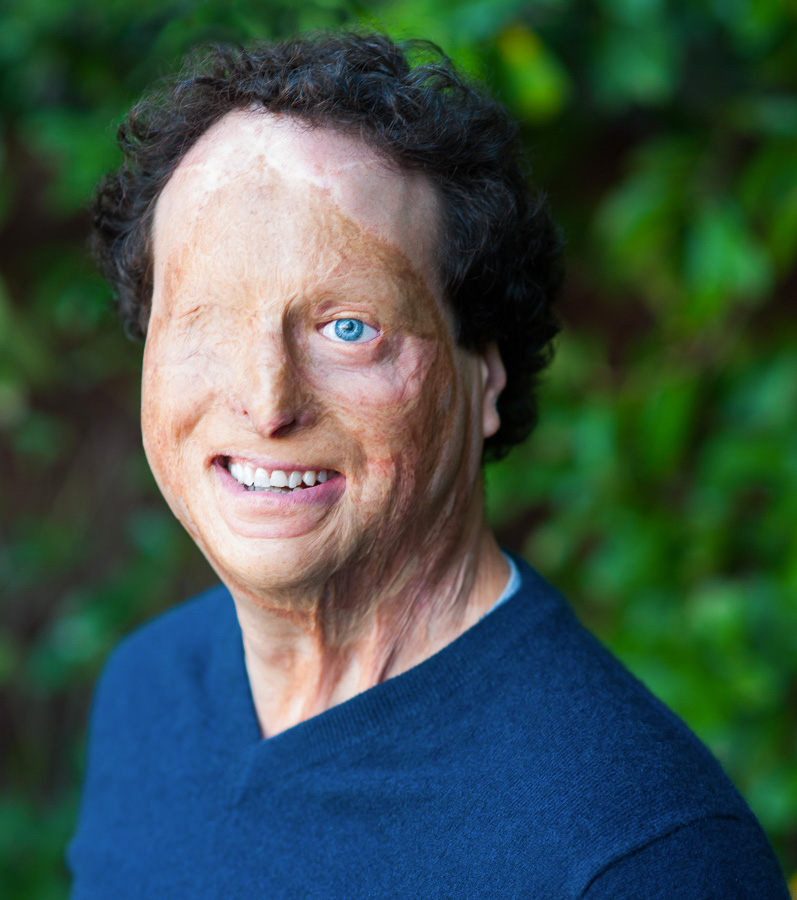February 15, 2024
Formally, Dr. Joshua Miele describes himself as a blind scientist, designer, performance artist and disability activist who is focused on the overlap of technology, disability, and equity. But in his personable and humorous lecture, he listed a few more identities: Interrupter. Pain in the ass. “CAOS” promoter.
The Allen School Distinguished Lecture took place earlier this month and is a worthwhile listen on YouTube.
Miele’s passions are right in line with CREATE’s work and he started his lecture, after being introduced by CREATE Director Jennifer Mankoff, with a compliment we heartily accept: “This community at the University of Washington is one of the largest, one of the most vibrant communities of people thinking and working around disability, accessibility, and technology.”

Miele shared his enthusiasm for disability-inclusive design and its impact on global disability equity and inclusion. Drawing on examples and counterexamples from his own life and career, Dr. Miele described some of the friction the accessibility field has faced and speculated about what challenges may lie ahead, with particular emphasis on the centrality of user-centered practices, and the exhilarating potential of open source solutions and communities.
When he received the MacArthur grant, Miele decided to use the attention on his work to share his hopes for a Center for Accessibility and Open Source (CAOS, pronounced “chaos”). CAOS would promote global digital equity for people with disabilities through making low-cost accessible tools available to everyone, whether they have financial resources or not. He invited anyone interested in global equity, disability, direct action, performance art, and CAOS/chaos to collaborate on this important work.
More about Miele and the lecture
- Allen School Distinguished Lecture abstract and speaker bio
- Lecture video on YouTube
- Blind Arduino Project
- Othering and Belonging Institute at UC Berkeley, where Miele is the Distinguished Fellow of Disability, Accessibility, and Design
- Miele MacArthur Foundation “Genius” Award